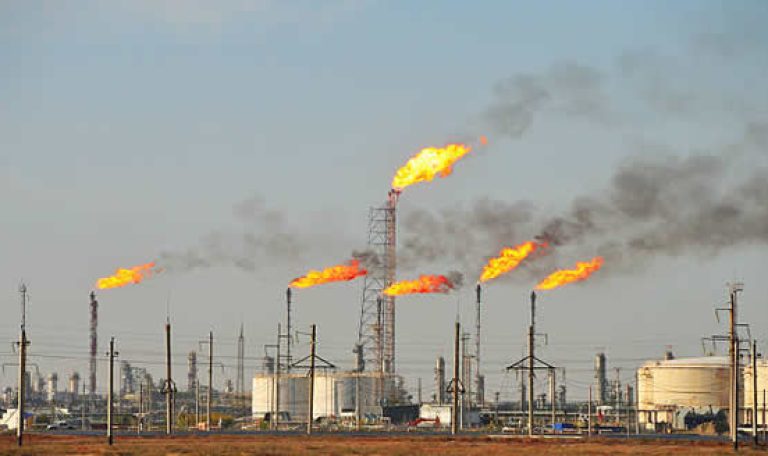Written by Mariam Kassal, Content Curator, Enconverge
Challenges in Crude Oil Extraction in Nigeria
Introduction:
Nigeria is renowned for its vast crude oil reserves, making it a major player in the global oil industry. Crude oil extraction has been a crucial component of the Nigerian economy, contributing significantly to government revenue and foreign exchange earnings. However, the industry faces several challenges that impede its efficiency and sustainability. In this article, we will explore some of the key challenges in crude oil extraction in Nigeria.
- Security Concerns:
One of the most significant challenges faced by the Nigerian oil industry is security. Oil theft, pipeline vandalism, and attacks on oil infrastructure by militant groups have been persistent issues. These criminal activities not only lead to significant revenue losses for the government but also disrupt production and harm the environment. The constant need for security measures and associated costs pose a significant burden on oil companies operating in Nigeria.
- Aging Infrastructure:
The oil infrastructure in Nigeria is aging and requires substantial investment for maintenance and upgrades. Many pipelines, refineries, and storage facilities have not been adequately maintained, leading to frequent leakages, spills, and operational inefficiencies. This results in not only financial losses but also environmental degradation and health risks for local communities. The lack of modernized infrastructure hampers the industry’s ability to maximize production and meet global standards.
- Environmental Impact:
Crude oil extraction has had a profound impact on the environment in Nigeria. Spills, gas flaring, and other forms of pollution have caused severe damage to ecosystems, water sources, and agricultural lands. The Niger Delta region, the main oil-producing area in Nigeria, has been particularly affected, leading to environmental degradation, loss of biodiversity, and adverse health effects for local communities. Addressing these environmental concerns is crucial for sustainable and responsible crude oil extraction.
- Regulatory and Governance Issues:
Nigeria’s oil industry has faced challenges related to regulatory frameworks and governance. Weak enforcement of regulations, corruption, and lack of transparency have hindered the industry’s growth and accountability. Regulatory agencies need to be strengthened to ensure compliance with environmental standards, safety regulations, and fair practices. Strengthening governance mechanisms and promoting transparency will enhance investor confidence and attract much-needed investment in the sector.
- Technological Limitations:
The adoption of advanced technologies in crude oil extraction has been relatively slow in Nigeria. Limited access to modern drilling techniques, reservoir management practices, and digital solutions inhibits optimal production and resource recovery. Embracing technological advancements, such as enhanced oil recovery techniques and real-time data analytics, can significantly improve operational efficiency and optimize resource utilization.
- Volatility in Oil Prices:
Nigeria’s economy heavily relies on oil revenue, making it vulnerable to fluctuations in global oil prices. The volatility of oil prices poses challenges in planning and budgeting for the government and oil companies alike. Sharp declines in prices can lead to fiscal deficits, reduced investments, and economic instability. Diversification of the Nigerian economy to reduce reliance on oil is crucial to mitigate the impact of price volatility.
Conclusion:
Crude oil extraction in Nigeria faces numerous challenges that impact its efficiency, sustainability, and contribution to the economy. Addressing security concerns, upgrading infrastructure, mitigating environmental impact, improving regulatory frameworks, embracing technology, and diversifying the economy are key areas that require attention. By tackling these challenges, Nigeria can enhance its crude oil extraction practices, maximize resource recovery, and ensure the industry’s long-term viability while promoting sustainable development.
Search
Recent Posts
-
SUSTAINABLE DEVELOPMENT IN NIGERIA AND CHALLENGES
September 30, 2024 Sustainability -
CLIMATE ADAPTATION IN NIGERIA
September 30, 2024 Sustainability -
IMPACTS OF WALKING OR BIKING TO WORK
October 5, 2024 Sustainability





